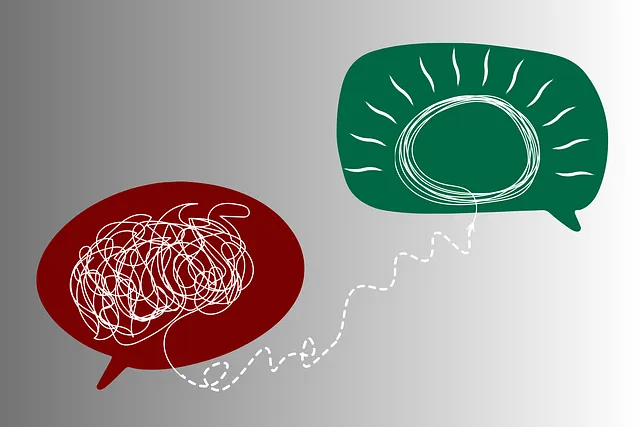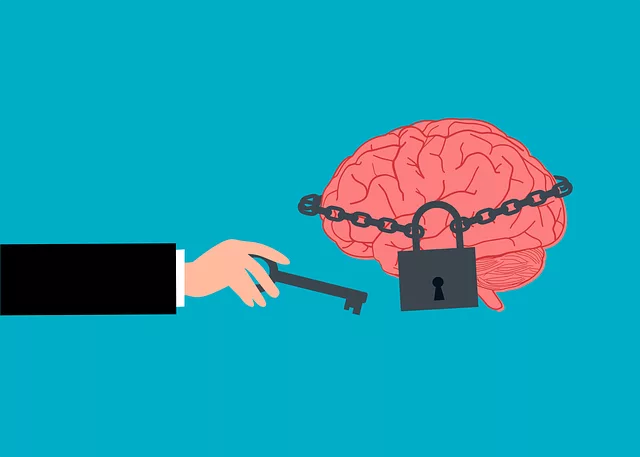Mental health advocacy is crucial in fostering supportive communities and raising awareness about emotional well-being issues, with initiatives involving public speaking, community engagement, and policy changes. Organizations like Kaiser in Northglenn provide diverse services including counseling, therapy, and support groups, empowering individuals to manage mental health challenges. They utilize risk assessment tools for safety and offer innovative programs like inner strength development and mindfulness meditation. Strong community engagement through partnerships reaches a broad audience, reduces stigma, and enhances awareness. Evaluating success involves tracking participation rates, mental health indicators, participant feedback, and interviews, ensuring continuous improvement in services offered by Kaiser in Northglenn.
Mental health advocacy initiatives play a crucial role in fostering communities that prioritize well-being. This comprehensive overview explores various aspects of advocacy, including understanding mental health, the significant role Kaiser plays with its services and outreach in Northglenn, effective community engagement strategies, and methods for evaluating success. Discover how these initiatives drive positive change, ensuring accessible mental healthcare for all. Learn more about Kaiser’s commitment to mental health support in Northglenn and beyond.
- Understanding Mental Health Advocacy: A Comprehensive Overview
- Kaiser's Role in Mental Healthcare: Services and Outreach in Northglenn
- Community Engagement: Strategies for Effective Mental Health Advocacy Initiatives
- Measuring Success: Evaluating the Impact of Mental Health Advocacy Programs
Understanding Mental Health Advocacy: A Comprehensive Overview

Mental health advocacy initiatives are crucial in creating a supportive environment and raising awareness about various mental health concerns. Advocacy plays a pivotal role in ensuring that individuals struggling with their emotional well-being receive the necessary services, education, and understanding from their communities. It involves numerous strategies, including public speaking, community engagement, and policy changes, to promote mental health literacy and challenge societal stigmas.
In Northglenn, for instance, organizations like Kaiser offer a range of mental health services tailored to meet diverse needs. These initiatives focus on providing accessible resources, such as counseling, therapy, and support groups, which empower individuals to take charge of their emotional healing processes. By advocating for better access to care, these programs aim to boost confidence among those facing mental health challenges, ultimately enabling them to navigate life’s difficulties with increased resilience and a sense of empowerment. Additionally, risk assessment tools are essential for mental health professionals to identify potential hazards and implement appropriate interventions, ensuring the safety and well-being of both clients and practitioners.
Kaiser's Role in Mental Healthcare: Services and Outreach in Northglenn

Kaiser plays a significant role in mental healthcare services in Northglenn, offering comprehensive support to community members. Known for its innovative approach, Kaiser provides various programs tailored to meet diverse mental health needs. From individual therapy sessions to group support meetings, their expertise spans across different aspects of mental wellness.
In addition to traditional communication strategies, Kaiser emphasizes the importance of inner strength development and mindfulness meditation as part of its holistic care model. These practices empower individuals with tools to manage stress, anxiety, and depression effectively. Through dedicated outreach initiatives, they ensure that residents in Northglenn have access to these essential services, fostering a healthier and more resilient community.
Community Engagement: Strategies for Effective Mental Health Advocacy Initiatives

Effective mental health advocacy initiatives rely heavily on strong community engagement. By fostering partnerships with local organizations, schools, and religious groups in Northglenn, where Kaiser offers mental health services, these initiatives can reach a wider audience and dispel misconceptions surrounding mental illness. This strategy involves organizing informational sessions, workshops, and awareness campaigns to educate the community about various aspects of mental health, including signs of common disorders, available resources, and coping mechanisms. Such programs are instrumental in Mental Health Awareness as they help to reduce the mental illness stigma.
Community engagement also facilitates the design and implementation of Mental Health Education Programs tailored to specific needs within Northglenn’s diverse population. These programs can include peer support groups, family counseling sessions, and art or music therapies, which not only promote mental well-being but also foster social inclusion and understanding. By involving community members in these efforts, advocates create a network of support that ensures sustainability and encourages ongoing Mental Illness Stigma Reduction Efforts.
Measuring Success: Evaluating the Impact of Mental Health Advocacy Programs

Evaluating the success of mental health advocacy initiatives is crucial to understanding their impact and identifying areas for improvement. Programs aimed at promoting mental well-being, such as those offered by organizations like Kaiser in Northglenn, often rely on quantifiable metrics to measure success. This may include tracking participation rates in services, such as counseling sessions or support groups, and monitoring improvements in key indicators of mental health, such as reduced symptoms of anxiety and depression.
Additionally, qualitative assessments, such as participant feedback and interviews, can provide valuable insights into the perceived benefits of these programs. By combining quantitative data with firsthand accounts, advocacy organizations can gain a comprehensive understanding of how their initiatives contribute to emotional healing processes, particularly through practices like Compassion Cultivation and Mindfulness Meditation, which have been shown to be effective in fostering resilience and overall well-being.
Mental health advocacy initiatives, as highlighted in this article, are vital for creating a supportive community environment. By understanding the importance of advocacy and implementing effective strategies, such as those discussed regarding Kaiser’s outreach in Northglenn, we can significantly improve access to mental health services. Measuring success through evaluation ensures these programs truly make a positive impact on individuals’ lives. Community engagement is key; fostering open conversations about mental health breaks down barriers and encourages folks to seek the support they need, ultimately revolutionizing how we perceive and address mental wellness.






